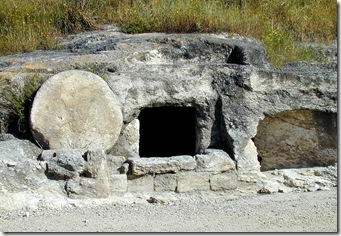With a little bit of planning and financial discipline, any set can be yours in a matter of months or years. When you break it down over time, even the largest set becomes quite attainable.
Here's a chart that shows the cost of a book or set, and how long it will take you to save enough money to buy it. This is just basic math, but it can be very helpful and encouraging to see it broken down.
 The numbers across the top represent the amount you will commit to save per month. The numbers down the left represent the total cost of a book or set (don't forget tax and shipping, if they apply). The blue numbers in the middle calculate how many months it will take you to save and purchase the book or set for yourself.
The numbers across the top represent the amount you will commit to save per month. The numbers down the left represent the total cost of a book or set (don't forget tax and shipping, if they apply). The blue numbers in the middle calculate how many months it will take you to save and purchase the book or set for yourself.Now let's try a few examples:
- I have created a list called 10 Books every new Christian should own. The total cost of these books is $182.39. You could, of course, buy each book individually, or you could budget $20 a month and buy the whole set in less than 10 months.
- The Puritan Paperback bundle is $186 plus shipping. If you laid aside just $10 a month, you could own this entire set of 37 books in just over a year and a half.
- Now let's tackle a larger set: the Zondervan Bible Reference Bundle. By the time you save up for this, it probably won't be on pre-pub discount, so let's look at the regular Logos Sale Price of $2162. If a pastor had a $40 library allowance, he could save up enough money to buy this massive set in about 50 months (just over 4 years). Not bad for 87 books.
No matter what your budget size or library goals, I hope this little exercise will encourage you to take a long-range approach to building your family or ministry library.



